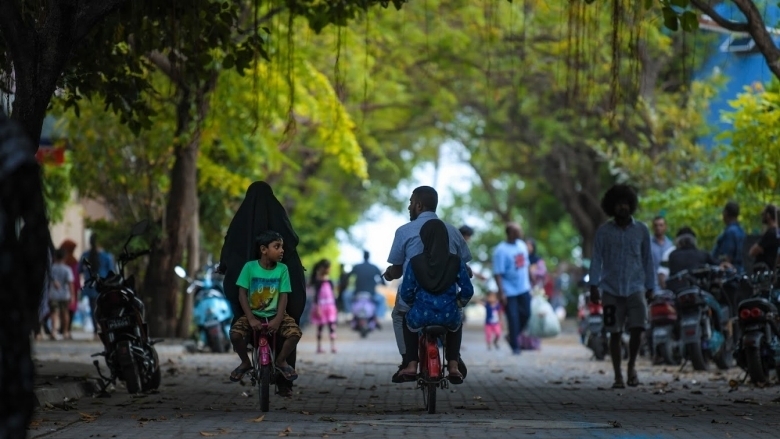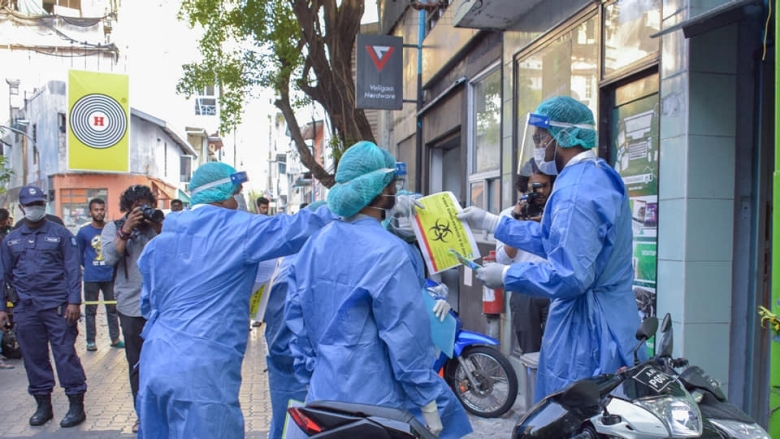Most people know Maldives as a remote archipelago of 1,000 tiny islands fringed with turquoise blue waters, basking in the sunshine of the Indian Ocean. The islands’ isolation and outstanding natural beauty have long been a great drawcard for tourists wanting to get away from it all.
Since 1972, when Maldives first welcomed paying guests to its shores, its resorts have commanded high prices in the luxury tourism market. The resulting revenues have not only lifted the country out of poverty, but also brought it to the threshold of high-income status; one in five Maldivians is directly employed in the tourism sector, and many more depend indirectly on the sector for their incomes.
From early March, however, when a lockdown was first imposed to control the spread of the coronavirus, tourist arrivals have fallen to almost zero. This has impacted many businesses and households, even beyond the resort sector. Firms have been forced to lay off their workers or put them on leave with little or no pay, while sole traders and small businesses have lost much of their regular income.
“The resort terminated my contract at the end of March,” said 34-year-old Ahmed Irshad, who has worked in tourism all his adult life. “There are no jobs. I don’t have much savings as I have two children, including one with special needs. I don’t know how we will survive.”
Irshad’s struggles are mirrored across the archipelago in the lives of the many thousands of vendors, suppliers and freelancers who serve the tourism sector. Fishermen who sell their catch to the resorts are scrambling to find alternative markets, while photographers, musicians, and artists sit idle. “My biggest worry is that I might not be able to pay my monthly rental,” said Ahmed Ikleel, a freelance photographer.


